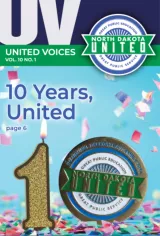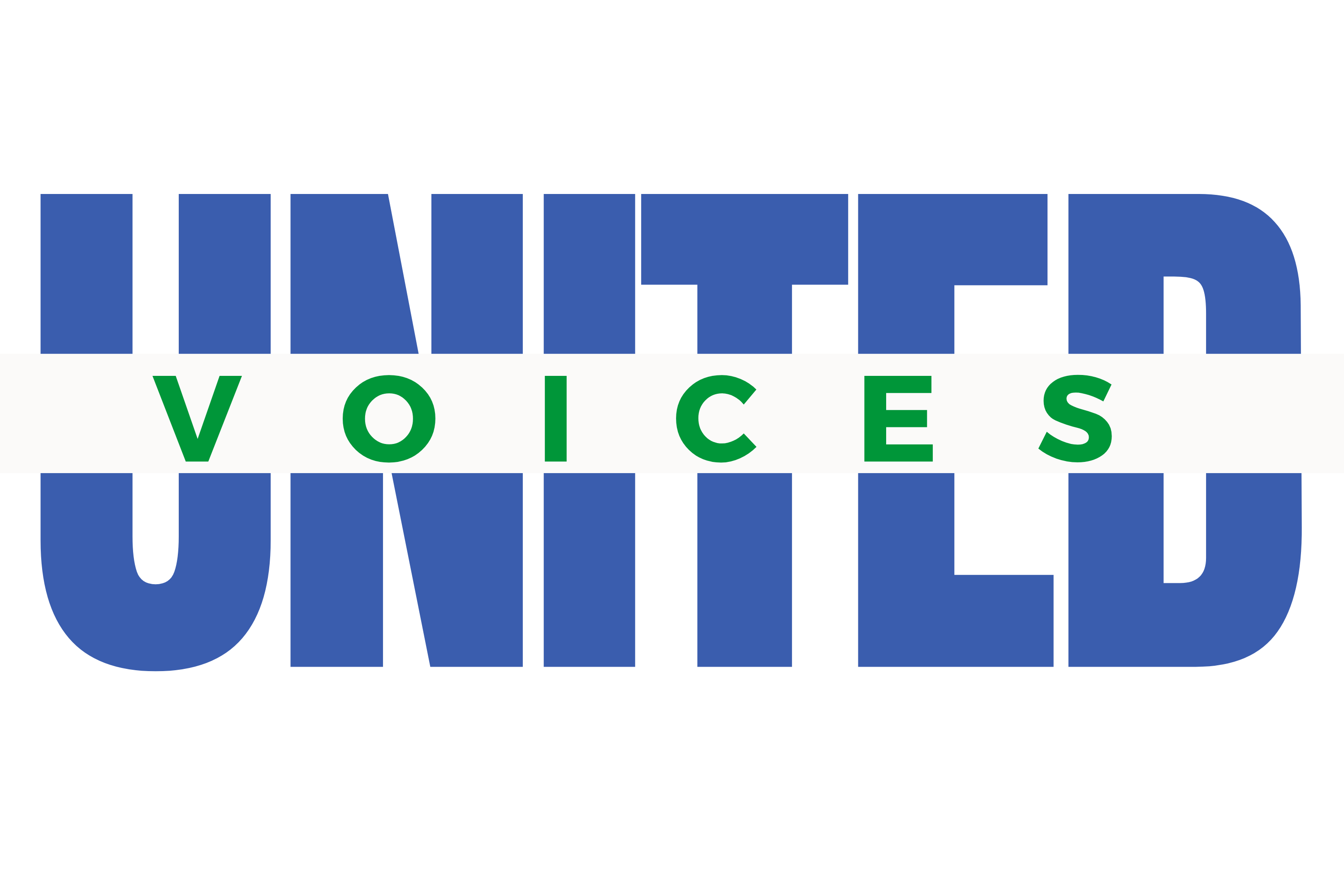Early Career Educator Cohorts
Teachers invest significant time throughout their careers improving upon best practices to better serve their students. In fact, it’s a requirement: educators in North Dakota must complete 6 professional development credits every five years. But to do so can be costly and time consuming. Combine that with mounting pressures facing educators, and young teachers might opt to turn away from the profession when faced with license renewal. That’s why North Dakota United has launched new professional development opportunities geared toward educators at the start of their careers.
For Erica Wood, the opportunity to participate in North Dakota United’s Early Career Educator Cohort was a no-brainer.
Erica Wood teaches kindergarten at Mapleton Elementary School, just outside of Fargo. She says she jumped at the opportunity to participate in NDU’s inaugural Early Career Educator Cohort.
"Fiscally, it just makes so much sense to get you over the hump of being relicensed and/or making a lane change, as I’m going to be able to do."
“Fiscally, it just makes so much sense to get you over the hump of being relicensed and/or making a lane change, as I’m going to be able to do. It’s also so easy to fit the little bits and pieces that you learn into your classroom and making changes right along the way that can really make a change for your students and your colleagues and staff in your school, the whole culture,” said Erica.
Traditionally, professional development costs $50 for each credit, about $20 for the book, and when non-members take courses through ND United, they pay an extra $100 service fee. But through the Early Educator Cohort, NDU pays all those fees for educators in the first seven years of their career. That means, members can save more than $400 and non-members can save more than $1,000 on professional development credits just by joining the union and enrolling in the cohort.
“It makes a huge difference and just knowing it’s one less thing you have to pay for as a teacher, it’s really nice,” said Erica.
Because the Cohorts are only available to early-career educators, the material is catered to address problems young teachers face as they kick off their careers.
“The cohorts are meant not only to help educate those early career educators, but also to supply them with information I felt was really relevant to those early teachers. So, classroom management, behavior management, working with our students who might be living in poverty or of less means, students who are more atypical,” said Amy Flicek, Professional Development Director at ND United.
As a result, young teachers have a network of support from people experiencing similar situations.
“We’re going through the discussions and you’re like, ‘Oh, 20 other people are having the same issue right now.’ So, it’s kind of like, I’m not alone. I’m not doing this wrong,” said Karl Osterman, math teacher at Hazen High School in central North Dakota.
Karl’s behavioral issues improved drastically after his experience with the Cohort.
“Prior to this cohort I was having a lot of distractions. Not huge, but it was enough that it was causing some friction between students. By the end of the year, I had almost eliminated all of those distractions, so this cohort helped a lot when it came to that,” said Karl.
There’s also the matter of flexibility.
“The Early Career Educator Cohort is set up to run approximately 14 months, and during that time, participants would cover six different courses. There’s five book studies and an educator ethics course. We take about six weeks to do a course, then we take a little bit of a break before moving onto the next course,” said Amy.
“I loved the pacing because as a teacher and a mom and a leader of our school and all the other things that every teacher ever is doing, it just made it doable,” said Erica.
The Early Educator Cohort is available for ND United members in their first seven years of teaching. 30 educators are admitted to each cohort, which begin every January and June.




